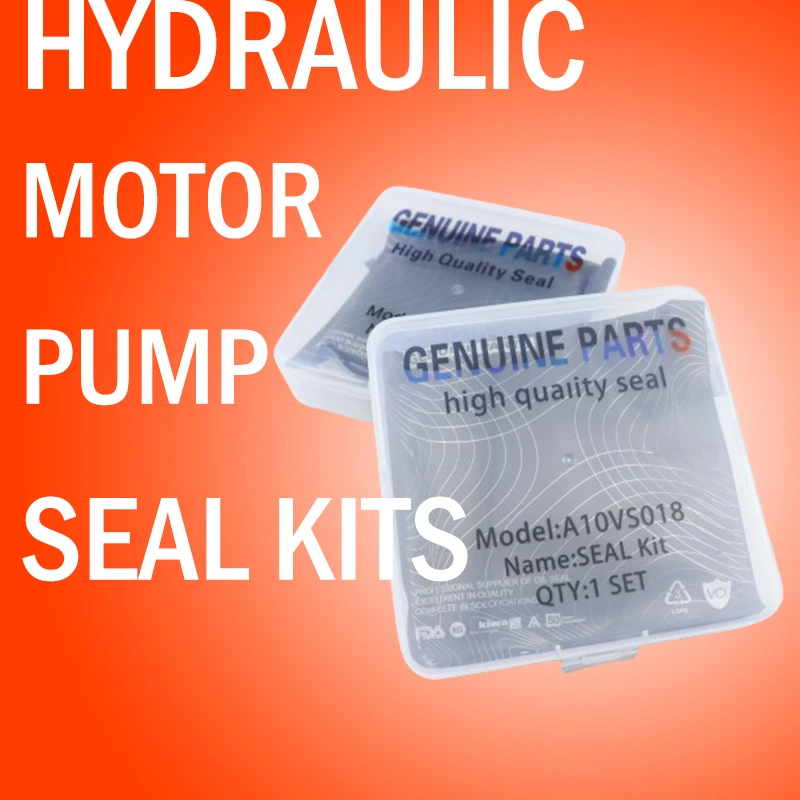nov. . 02, 2024 08:04 Back to list
hydraulic seal kits
Understanding Hydraulic Seal Kits A Vital Component in Industrial Applications
Hydraulic systems play a crucial role in various industrial applications, ensuring efficient movement and power transfer. At the heart of these systems lie hydraulic seal kits, essential components that help maintain the integrity of the system by preventing leaks and protecting against external contaminants.
Hydraulic seal kits consist of a combination of seals, O-rings, gaskets, and various other sealing components designed to fit specific hydraulic machinery. These kits are tailored to meet the requirements of different models and designs, making them versatile across various industries, including construction, automotive, aerospace, and manufacturing.
One of the primary functions of hydraulic seals is to prevent fluid leakage. Hydraulic fluids are critical for the operation of hydraulic cylinders and pumps. Any loss of these fluids not only leads to reduced efficiency but can also cause significant damage to the system components due to overheating or inadequate lubrication. Hydraulic seal kits effectively ensure that these fluids remain contained within the system, thereby enhancing performance and longevity.
hydraulic seal kits

Another vital function of hydraulic seal kits is to protect internal components from contamination. Contaminants such as dirt, dust, and moisture can easily enter a hydraulic system, leading to wear, rust, and eventual failure. High-quality seals act as barriers, preventing these harmful materials from compromising the system's integrity and functionality.
The materials used in hydraulic seal kits are specially formulated to withstand various operating conditions, including extreme temperatures, pressures, and exposure to chemicals. Common materials include nitrile rubber, polyurethane, and fluorocarbon, each selected based on the specific requirements of the application.
When choosing hydraulic seal kits, it is crucial to consider factors such as compatibility with the hydraulic fluid, pressure ratings, and temperature ranges. Proper selection ensures maximum performance and reduces the risk of premature wear or failure. Maintenance is also key; regular inspections can identify signs of wear and tear, allowing for timely replacement of seal kits to avoid costly breakdowns.
In conclusion, hydraulic seal kits are indispensable components within hydraulic systems. Their ability to prevent leaks and block contaminants significantly impacts the efficiency and durability of machinery. Investing in high-quality seal kits and maintaining them properly can lead to considerable savings in repairs and downtime, making them a vital consideration for any business relying on hydraulic technology. Understanding the significance of these kits can aid industry professionals in making informed decisions for their hydraulic system needs.
-
The Trans-formative Journey of Wheel Hub Oil Seals
NewsJun.06,2025
-
Graphene-Enhanced Oil Seals: Revolutionizing High-Pressure Oil Sealing
NewsJun.06,2025
-
Future of Hydraulic Sealing: Advanced Intelligent TCN Oil Seals
NewsJun.06,2025
-
Don’t Let a Broken TCV Oil Seal Ruin Your Day
NewsJun.06,2025
-
Bio-Inspired Dust Seals for Better Sealing Performance
NewsJun.06,2025
-
Biodegradable and Sustainable Hydraulic Seal Materials
NewsJun.06,2025
-
Top Oil Seal Solutions for Your Industrial Needs
NewsMay.22,2025
Products categories
















